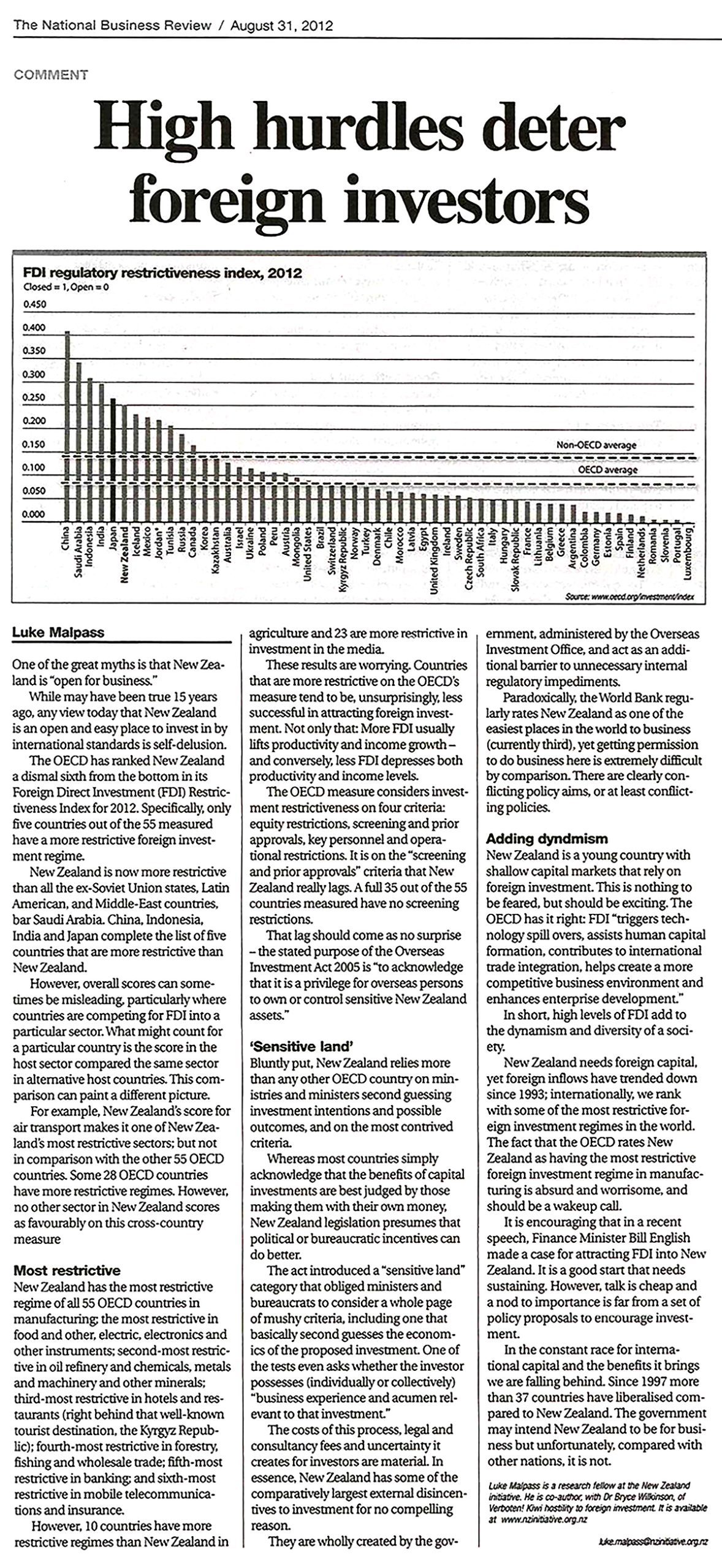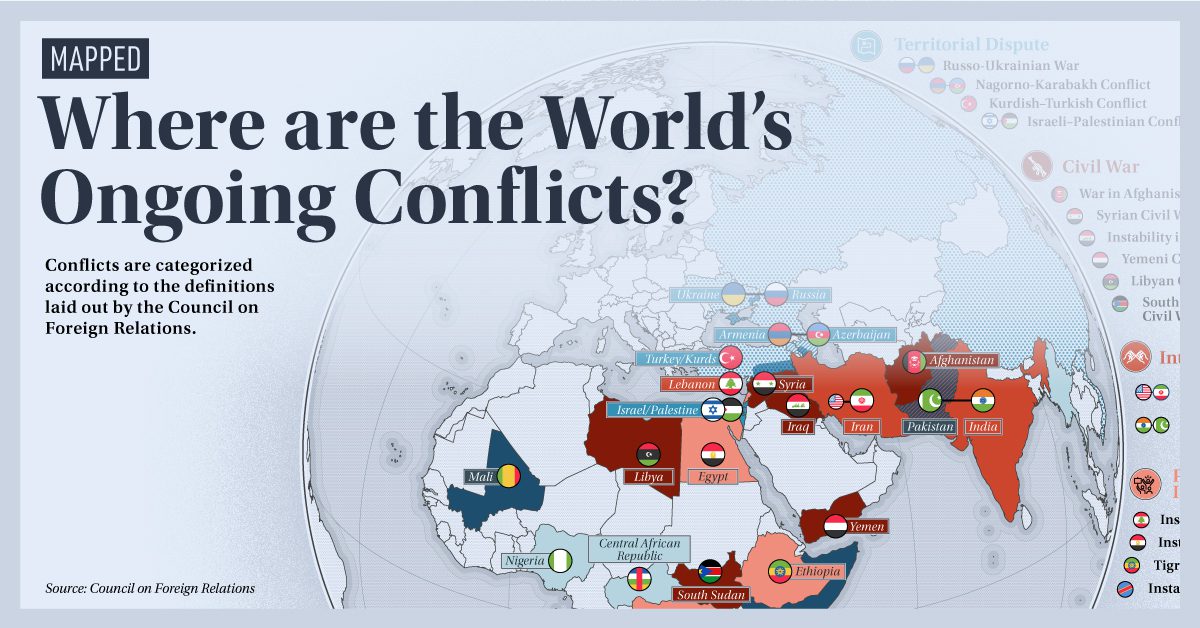Hong Kong’s New Rules Aim to Balance Opportunity and Fairness
Hong Kong has long been a beacon for those seeking opportunity, with its dynamic economy and promising career prospects attracting many from around the world. The city’s talent admission scheme, launched in late 2022, has drawn significant interest, highlighting its appeal as a destination for skilled professionals. However, while these initiatives can enhance Hong Kong’s competitiveness and demographic diversity, they also present challenges that require careful management.
In response to concerns about misuse of the system, authorities have introduced new rules aimed at ensuring that only those who genuinely intend to settle in Hong Kong benefit from its educational and financial advantages. Specifically, the children of non-local talent must now reside in the city for a minimum of two years to qualify for subsidized tertiary education. This change is designed to prevent individuals from exploiting the system by securing dependent visas for their children without making a long-term commitment to the city.
Under the current system, local students pay an annual fee of HK$44,500 (US$5,700) for university education, while non-local students face significantly higher costs. The revised policy ensures that those who plan to stay in Hong Kong for an extended period can access these benefits, while those who do not are required to pay the full tuition fee. This adjustment aims to maintain fairness and ensure that public funds are used appropriately.
The issue came to light after reports surfaced that some individuals and intermediaries arranged for mainland talent to apply for admission schemes solely to secure dependent visas for their children. These cases often involved families who had no intention of settling in Hong Kong, with some children continuing to live on the mainland and preparing for entrance exams remotely. Such practices have raised concerns about the integrity of the system and the potential for abuse.
As of May, approximately 142,000 children were approved for entry as dependants under various talent admission schemes. These individuals could contribute to Hong Kong’s future workforce and economic growth, particularly given the city’s low birth rate and aging population. However, there is a clear distinction between those who take advantage of the system and those who truly make Hong Kong their home.
Although the number of dependants admitted to government-funded first-year first-degree places may seem small, the trend shows a steady increase—from 62 in 2022-23 to 68 in 2023-24 and 185 in 2024-25. This growing number warrants close attention, as it highlights the need for continued oversight and policy refinement.
The new rules represent a balanced approach that considers both the needs of local students and the responsible use of public resources. A two-year transitional period before the residency rule becomes fully effective allows affected families time to adjust, minimizing disruptions during the transition. At the same time, the education sector must prepare for potential changes, such as increased demand for school placements and social integration support.
Some parents have already expressed concerns about the challenges of enrolling their children in schools and helping them adapt to life in Hong Kong. Addressing these issues will be essential to ensuring that the new policies achieve their intended goals without creating unintended hardships.
Ultimately, the new rules aim to deter those who seek only short-term gains and instead encourage long-term commitment to Hong Kong. By maintaining a welcoming environment for the world’s best and brightest, the city can continue to attract talent while ensuring that its resources are used fairly and effectively. This approach not only supports the city’s economic future but also reinforces its reputation as a hub of opportunity and innovation.










